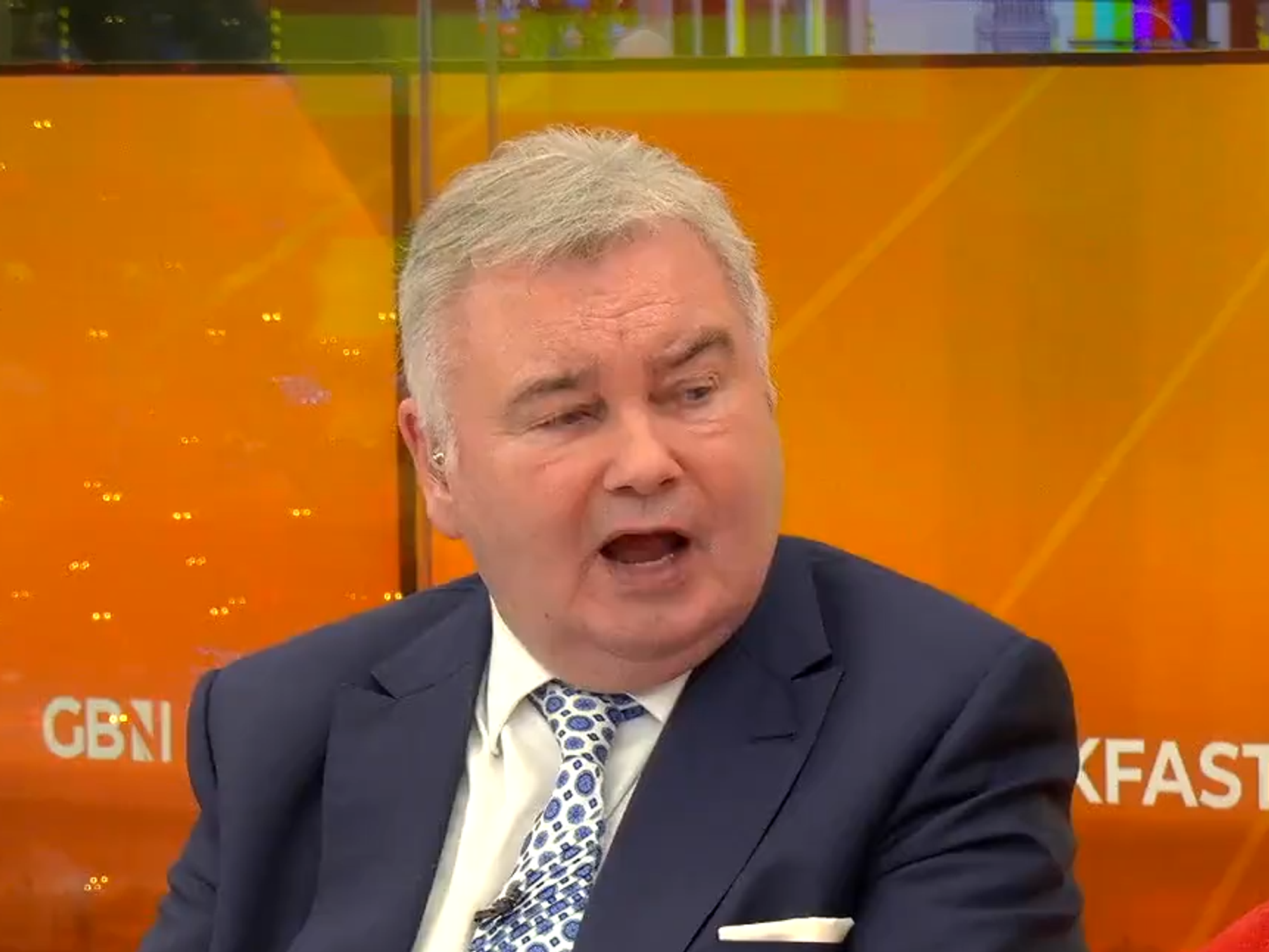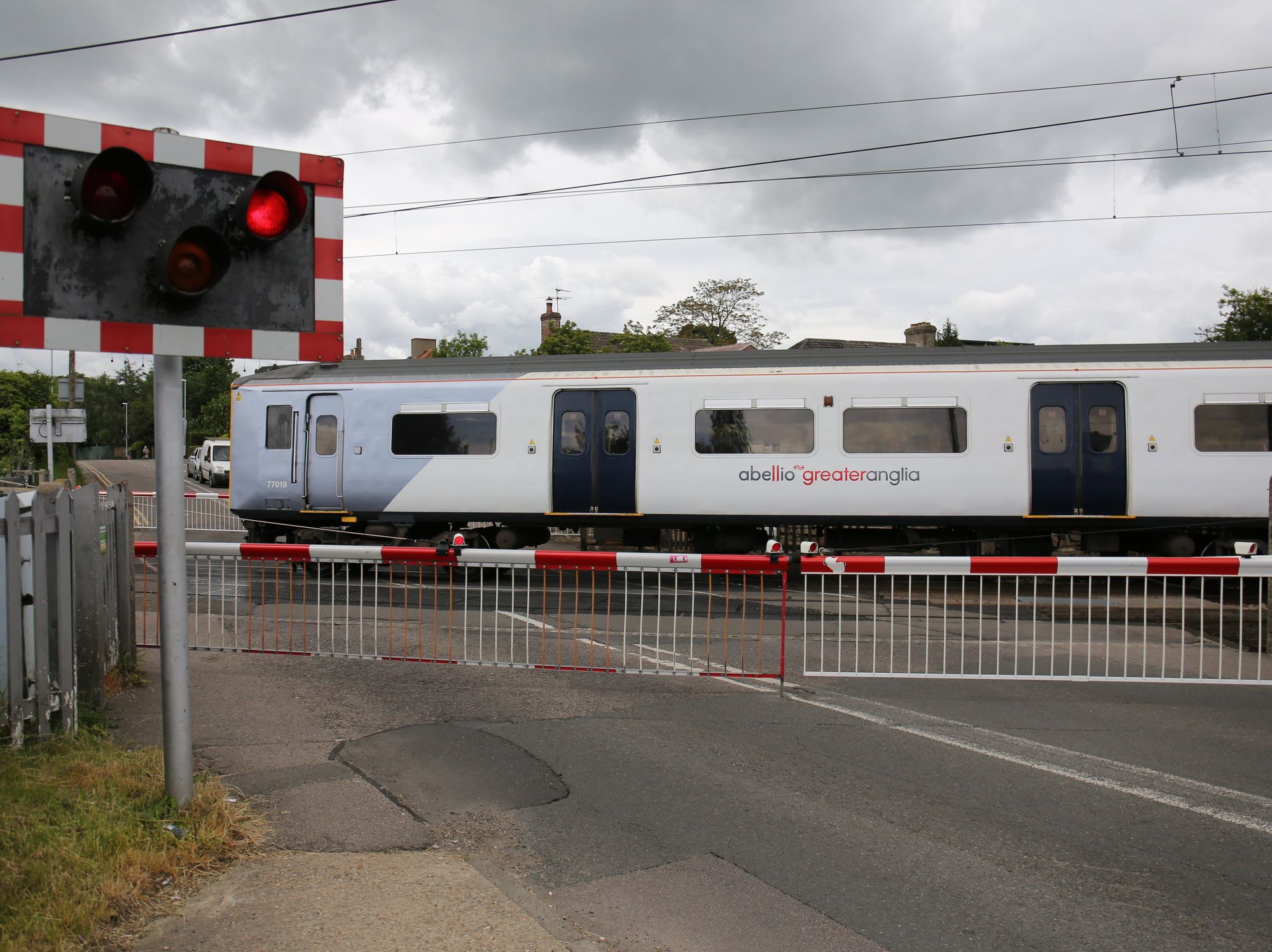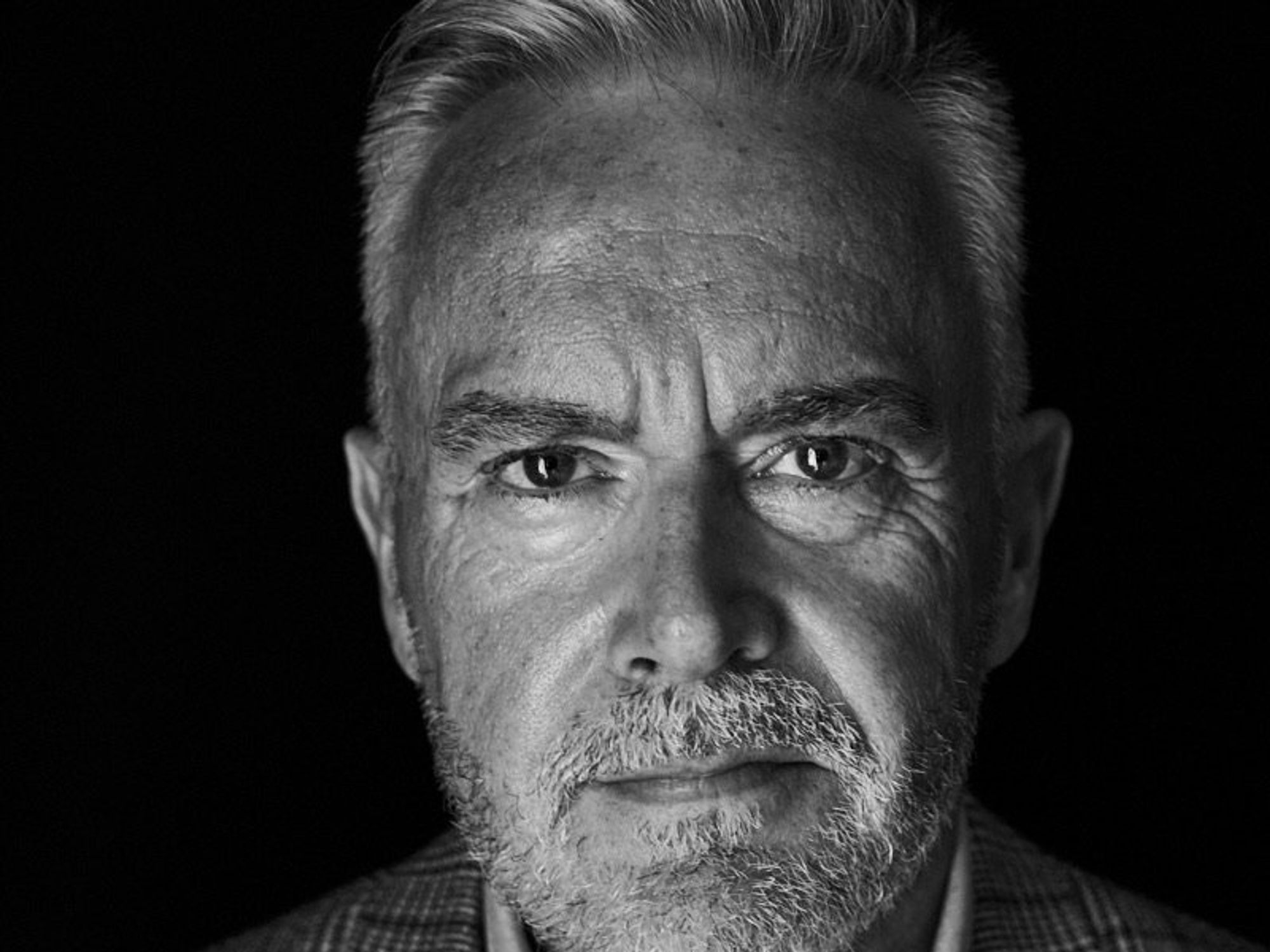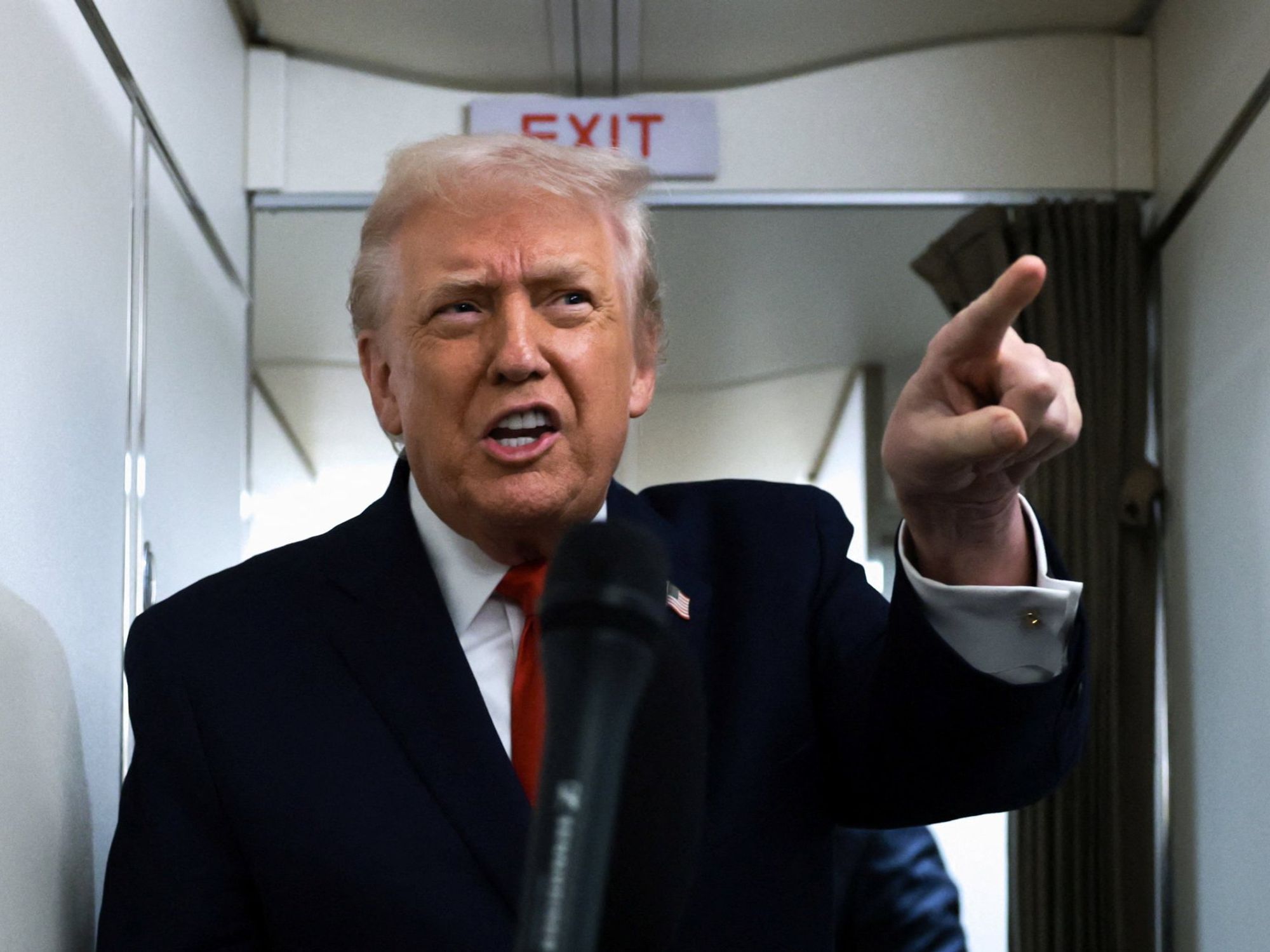Colin Brazier: It’s quite an achievement to have annoyed Pope Francis that he now likens the EU to a dictatorship
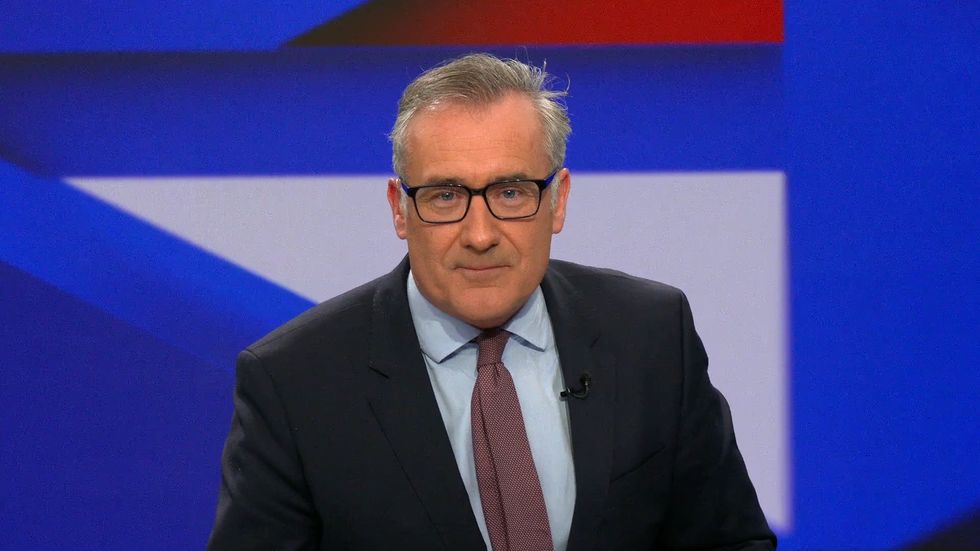
None

By Colin Brazier
Published: 07/12/2021
- 20:31Brussels issued Inclusive Language Guides which say mentioning Christmas should be avoided, lest it offends people of other faiths.
Don't Miss
Most Read
Latest
You’ve got to hand it to Brussels. It’s quite an achievement to have annoyed Pope Francis to such a degree that he now likens the EU to a dictatorship.
This is the Pontiff after all, who has exasperated many traditional Catholics by being much more liberal than his two predecessors. In Italy his dogged support for the rights of migrants, for instance, has marked him out as an enemy of populism.
But should anyone think I overstate the case, listen to the Holy Father’s words, spoken to journalists on board his plane this week, as he returned from an official visit to Greece. He’d been asked about a plan by the European Commission to make official communications more inclusive, to avoid using words like Christmas, and indeed the word Christian itself.
The spiritual leader of the world’s 1.3 billion roman catholics said this: “In history many, many dictatorships have tried to do this kind of thing. Think of Napoleon…think of the Nazi dictatorship, the communist one.” That is some comparison, but it reflects a frustration that’s been growing in the Vatican over recent years.
It came to a head in 2004. I was at the European Parliament in Strasbourg when all hell broke loose about the politician Italy had chosen to be its new Commissioner.
This was a man called Rocco Buttiglione. Highly qualified, a professor who speaks half a dozen languages; he had one major handicap. He was, and I’m sure remains, a devout Catholic.
Why was this a problem? Because the portfolio he’d been asked to take control of was politically sensitive. He was nominated to be the commissioner in charge of Justice and Freedom. And, when he appeared before the European Parliament for a nomination hearing, the MEPs wanted to know how he, a practicing Catholic, could possibly stand up for things like gay rights.
Buttiglione paused and chose his words with care. Although, he said, his faith meant viewing homosexuality as a sin – he was capable of separating his private religious views from those required by his new job.
There’s an old distinction in Christianity which makes this kind of cognitive dissonance possible. It’s when Jesus is asked whether Jews should pay taxes to the Romans and he replies: “Render unto Caesar the things that are Caesar’s, and unto God the things that are God’s.” Words which have been taken to mean, it’s possible to serve two masters simultaneously; to hold true to your faith, while submitting to earthly authority.
Christians may have been drawing on that subtle distinction for 2000 years, but it didn’t wash with the European Parliament. Buttiglione was out on his ear. What really annoyed the Holy See was that the whole EU project HAD deep Catholic roots.
Several of its founding fathers were professing Catholics. One of them, Robert Schuman, who’s name adorned a huge building in the centre of Brussels when I lived there, was so committed to his faith that the Vatican has put him on the path to sainthood. In its early days, the entire project was seen as the work of Christian Democrats and Catholics especially.
But now Brussels issues Inclusive Language Guides which say mentioning Christmas should be avoided, lest it offends people of other faiths. The Pope must look upon the EU rather like Dr Frankenstein did upon his monster; as a creation that has turned on its creator.
And for Eurosceptics what was particularly noteworthy about the Pope’s remarks was his suggestion that the whole thing has grown too big; too much like a super-state bent on destroying national sovereignty.
Again, just in case you think I’m over-egging this, look at the Holy Father’s words on that plane yesterday. He specifically warned against “drowning our identities in an international government”.
And he added that: “The danger is when there is a superpower that dictates economic, cultural and social behaviour to the other countries. Democracy is weakened when national values are sacrificied, are watered-down towards an empire, a kind of supranational government.”
He didn’t quite say it was time to take back control, but really. These are words you’d expect to find in Nigel Farage’s back-catalogue of speeches. But here’s the Pope, for Catholics like me, the literal mediator between Heaven and Earth, sounding not just like a Man of God, but a Believer in Brexit too.






